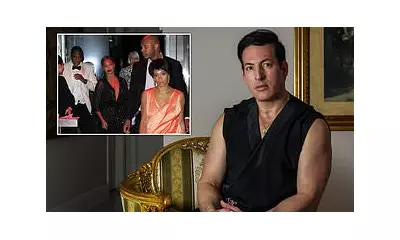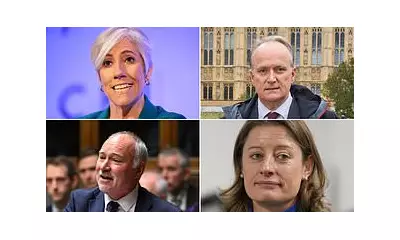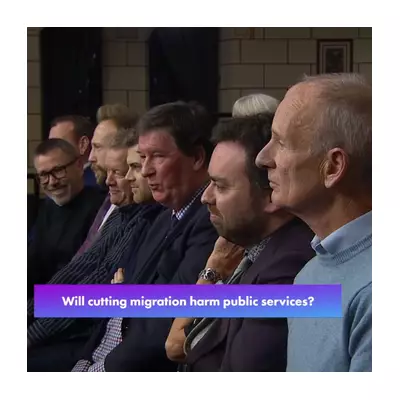
In an era where political discourse has become increasingly polarised, a silent epidemic is sweeping across Britain: friendships torn apart by ideological differences. What begins as casual political banter often escalates into relationship-ending conflicts, leaving emotional wreckage in its wake.
The Unseen Casualties of Political Warfare
Across dinner tables, social gatherings, and private conversations, once-strong bonds are fracturing under the weight of political disagreement. Unlike professional relationships where diplomacy often prevails, personal friendships lack the structural boundaries to withstand intense political clashes.
"We're seeing friendships that have lasted decades suddenly collapse over single political issues," explains Dr. Alistair Morgan, a relationship therapist specialising in political conflict resolution. "The emotional toll is profound - it's not just about disagreeing on policy, but feeling fundamentally misunderstood by someone you trusted."
Why Political Disagreements Hit Differently
Political convictions often tap into core personal values and identity, making disagreements feel like personal rejections. When a friend challenges your political stance, it can feel like they're challenging your morality, intelligence, or fundamental worldview.
- Identity fusion: When political beliefs become intertwined with personal identity
- Moral conviction: Viewing political positions as fundamental moral imperatives
- Tribal loyalty: Feeling allegiance to political 'teams' over individual relationships
The Therapeutic Approach to Healing Divided Friendships
Specialised therapists are developing innovative approaches to help friends navigate political minefields. The process requires extraordinary delicacy, focusing not on changing beliefs, but on rebuilding understanding and respect.
- Creating safe spaces for expression without judgment
- Separating person from politics to maintain human connection
- Establishing boundaries around political discussion
- Finding common ground beyond political differences
Practical Steps for Protecting Friendships
For those feeling political tensions straining their relationships, experts recommend several protective measures:
"The goal isn't to avoid disagreement, but to maintain the relationship despite disagreement," says Morgan. "This requires consciously prioritising the friendship over political victory."
Setting clear boundaries about when and how to discuss politics, actively listening without preparing counter-arguments, and regularly engaging in non-political activities together can all help preserve these valuable connections.
The Bigger Picture: Healing a Divided Society
This micro-level work of repairing individual friendships may hold lessons for healing Britain's broader political divisions. If we can learn to maintain affection and respect for friends with opposing views, perhaps we can extend that capacity to our wider communities.
As political temperatures continue to rise, the ability to sustain relationships across ideological divides becomes not just a personal virtue, but a social necessity. The work happening in therapy rooms across the country might just provide the blueprint for a less divided future.





